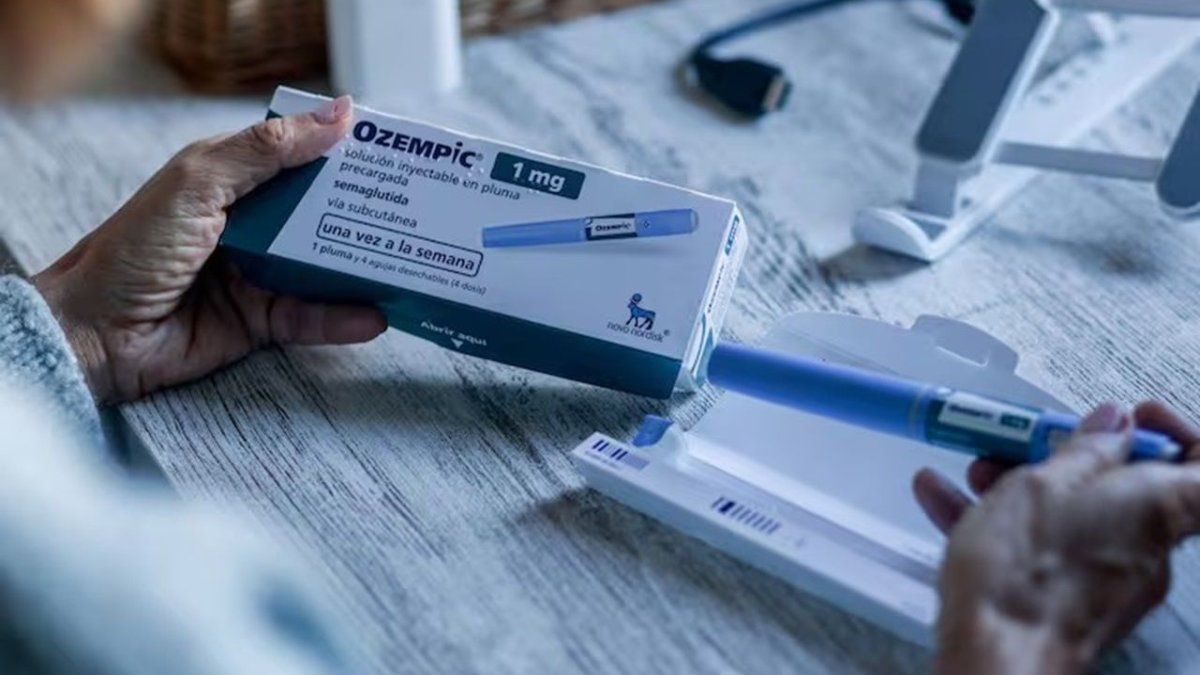The World Health Organization (WHO) announced that it will first support the use of Drugs to treat obesity in adultsin a decision that marks a turn in its approach to fight this diseaseconsidered one of the greatest health challenges of 21st century. The measure will be officially known in August and will be part of the new global directives about the treatment of obesity.
The internal memorandum indicates that The recommendation will be conditionalalthough it includes a clear support for the use of acquaintances GLP-1 receiver agonistsmedications that mimic a hormone capable of delay digestion and generate greater feeling of satiety.
Among the prominent drugs are Wegovydeveloped by Novo Nordiskand Zepboundproduced by Eli Lillywhich are already marketed in high -income countries such as USA, Germany and United Kingdom. In clinical trials, patients treated with these medications managed to lose between a 15% and 20% of their body weightaccording to the type of compound used.
WHO seeks to bring these medications to low -income countries
WHO also recognized the need to expand access to these treatments in Low and medium income countrieswhere the 70% of the more than 1,000 million people suffering from obesity worldwide, according to data from the World Bank. The agency remarked that the high cost, which can exceed the u $ s1,000 per month, It represents a significant barrier for millions of people.
WHO (1) .jpeg
WHO also pretends that weight loss treatments reach low -income countries.
WHO
In that sense, the United Nations agency proposed to study Alternative access mechanismssimilar to those that were implemented for diseases such as HIVlike the Differentiated price setting wave Joint purchase of medicines through international programs.
In parallel, WHO will discuss next week if you incorporate these medications into your Essential Medicines Lista catalog that defines which drugs must be available in all World Health Systems. This inclusion could accelerate the arrival of treatments against obesity to the poorest countries, as happened in 2002 with the antiretrovirals against HIV.
The change of opinion in WHO
It should be remembered that in 2023 WHO decided not to include drugs to lose weight on this list due to lack of evidence on its long -term clinical efficacy. However, the new memorando points out that now the agency recommends its inclusionindicating a position change based on new scientific evidence.
The organization also highlighted the need for Evaluate the cost-efficacy ratio of these medications In different contexts, especially in countries with limited resources. “Long -term studies are needed on their economic effectiveness in all environments,” said WHO.
A possible way to reduce prices would be the GENERIC VERSION DEVELOPMENT. The document anticipates that the Semaglutidaactive substance of Wegovy, will lose its patent in some markets next yearwhich will allow the production of cheaper copies. For its part, the Liraglutidaa component of the previous generation of medicines, is already available as generic In several countries.
Currently, medications with GLP-1 agonists are also used in the treatment of Type 2 diabetesone of the main comorbidities associated with obesity. WHO also evaluates its inclusion in the essential list for this purpose.
The laboratories Eli Lilly and Novo Nordisklike one’s own WHOthey did not offer immediate statements after the filtration of the document, but they are expected to issue a statement in the coming weeks.
With this measure, WHO seeks to face a health crisis that affects both developed and developing countries, recognizing that the Pharmacological treatment of obesity It can be a key tool within a broader strategy that includes healthy eating, physical activity and comprehensive public policies.
Source: Ambito




